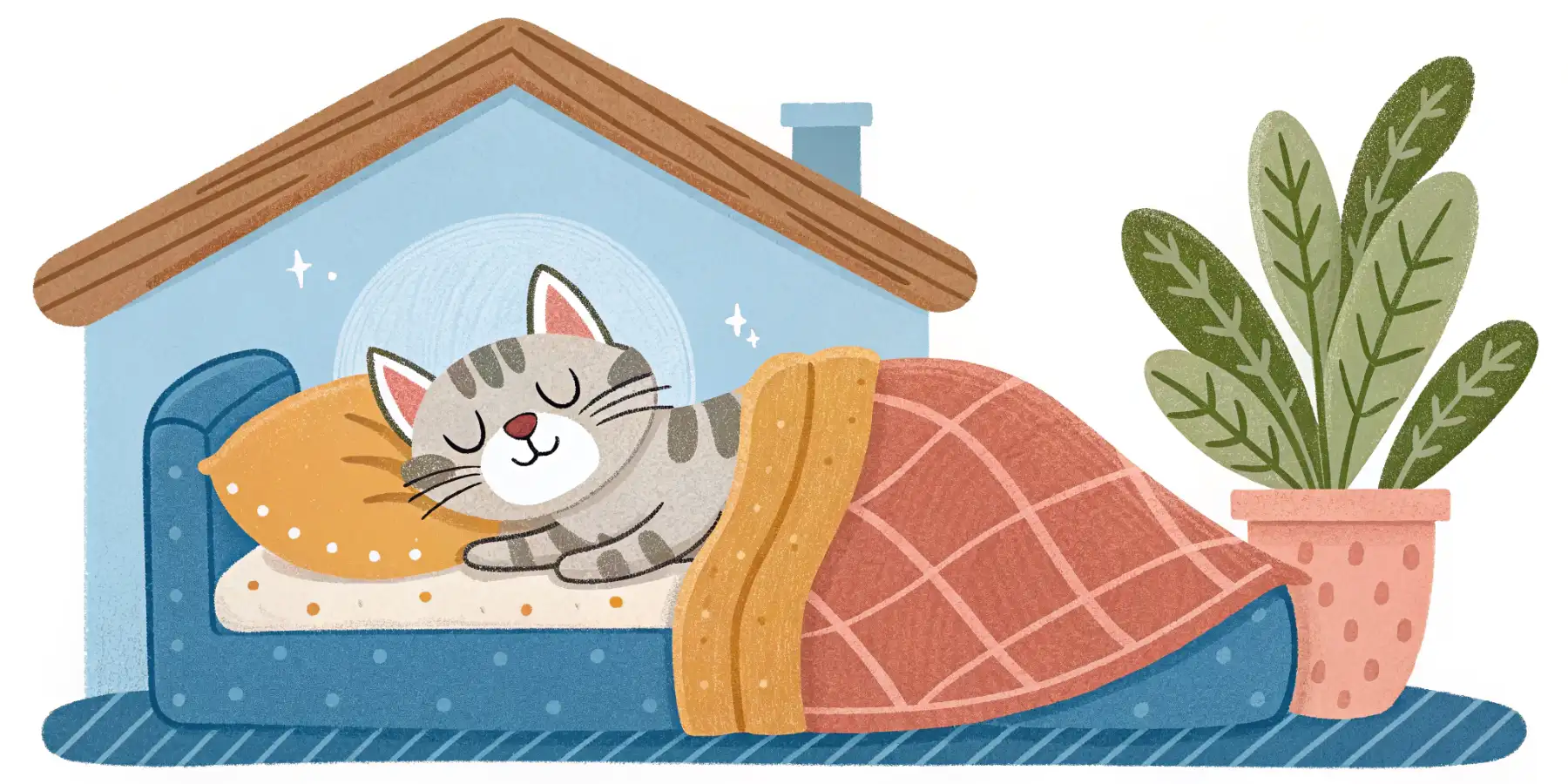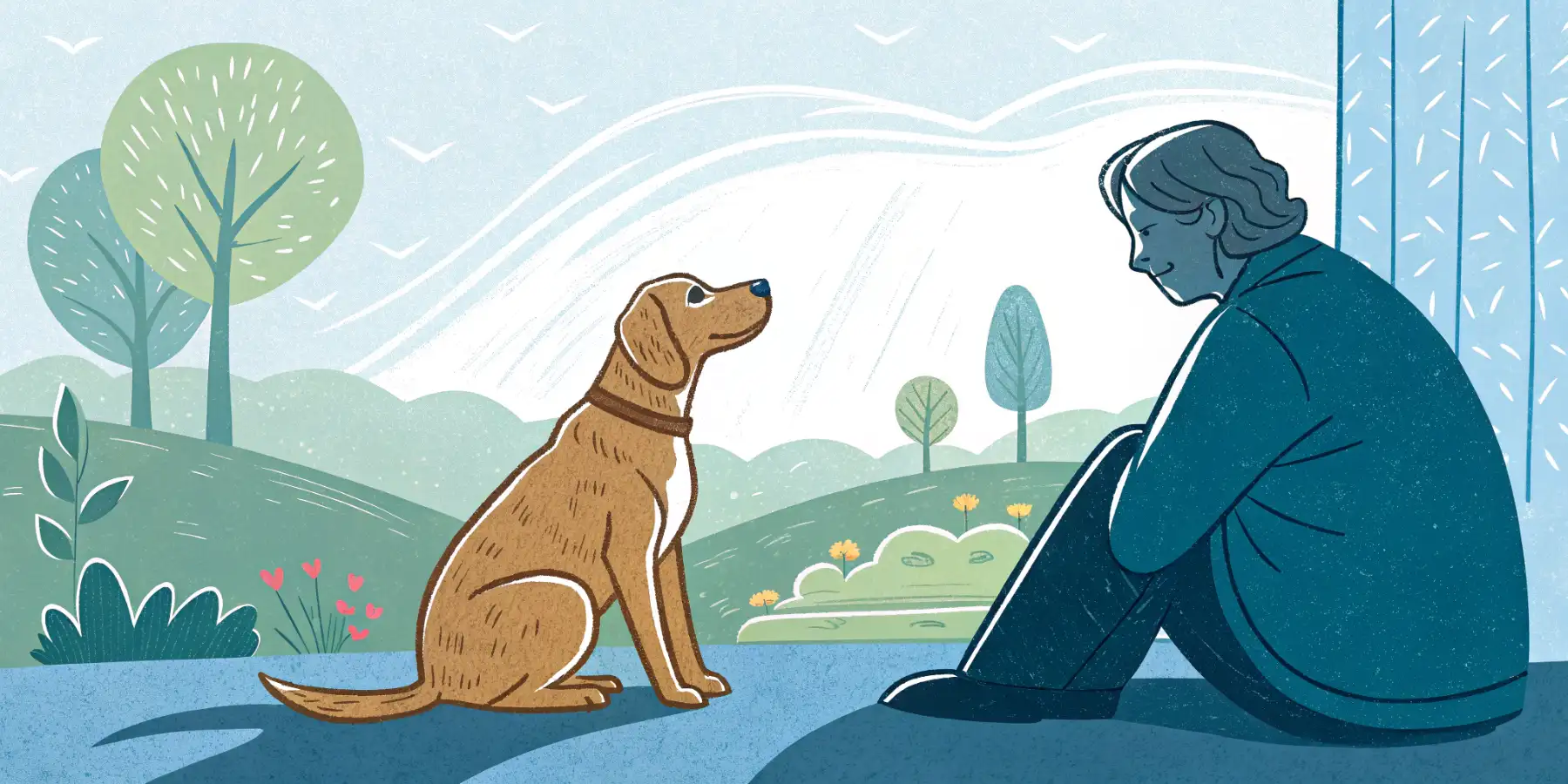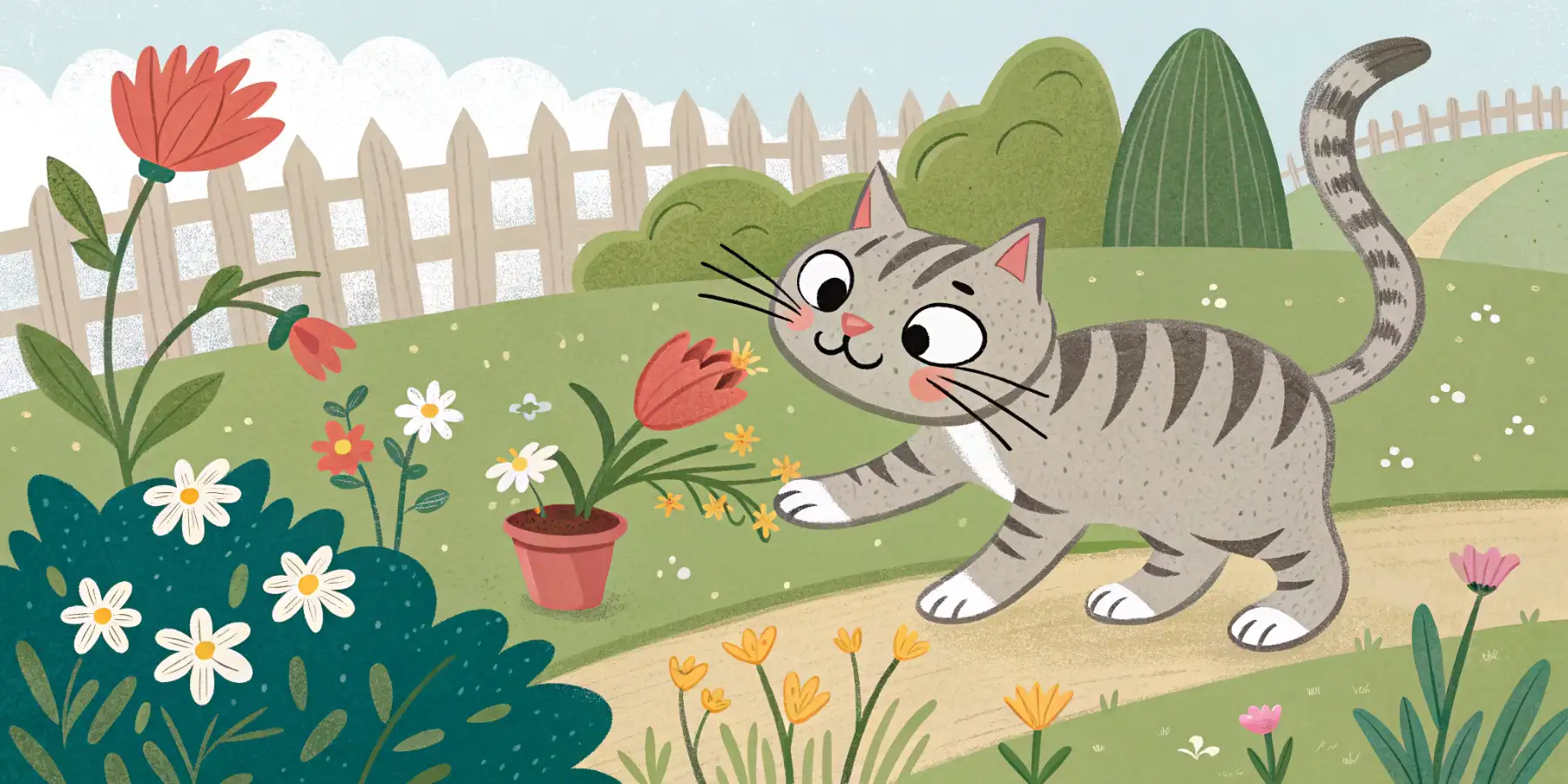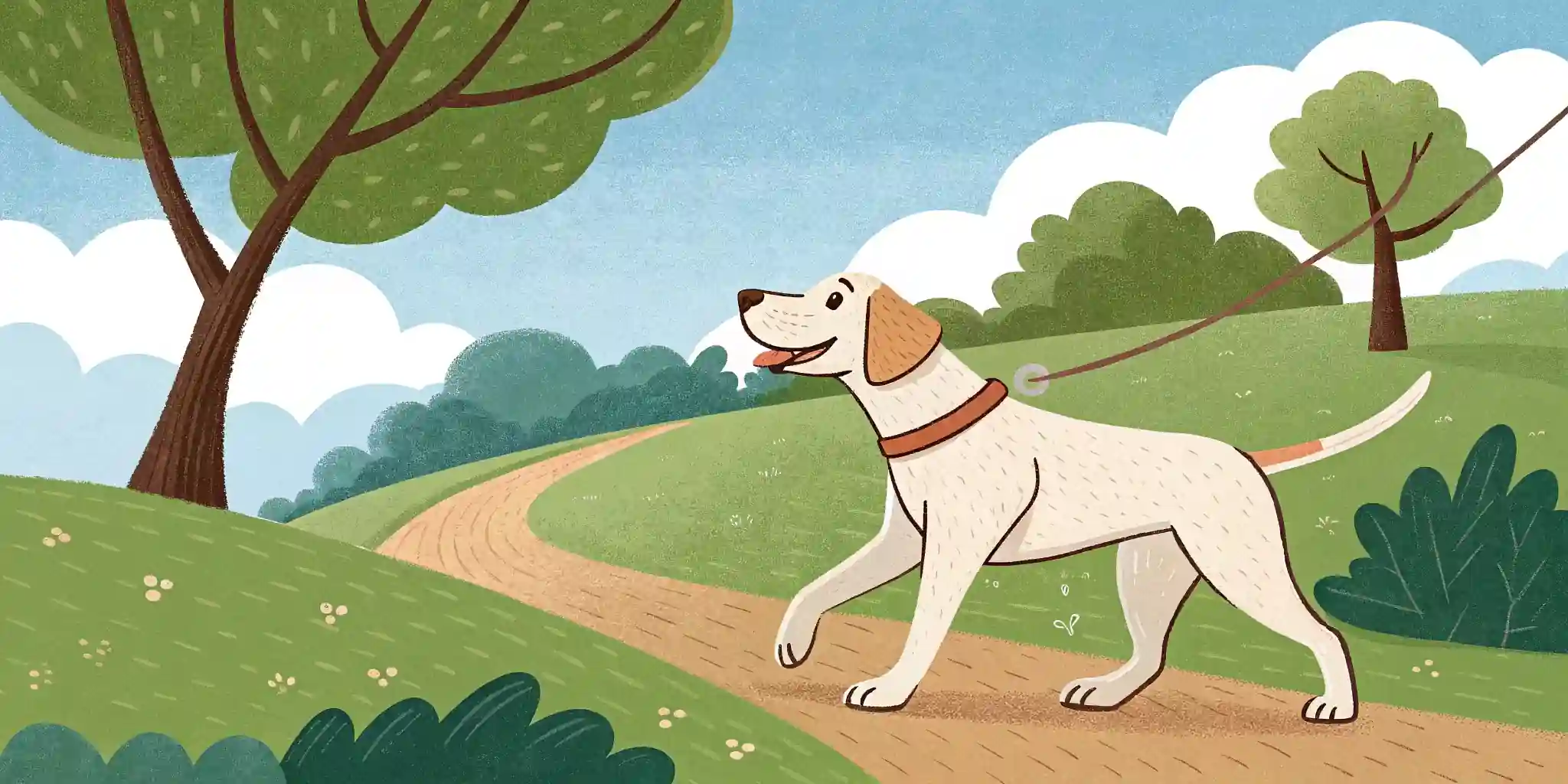
Happy Dog, Happy Life: The Power of Dog Routine
Dog routine = happy dog! 🐶 Learn why predictability reduces anxiety and boosts your pup's well-being. Click for expert tips!
The Importance of Routine: Predictability for a Well-Adjusted Dog
Dogs are creatures of habit. They thrive on predictability, and a consistent routine is the cornerstone of a happy, well-adjusted canine companion. As a veterinary technician with over a decade of experience, I’ve seen firsthand the positive impact of routine on a dog’s physical and mental well-being. While some may see routine as rigid, it’s actually a framework that provides security and reduces anxiety for your furry friend. Let’s delve into why establishing a solid routine is so crucial for your dog’s overall health and happiness.
Why Dogs Need Routine: Understanding Canine Anxiety
Imagine waking up every day not knowing when you’ll eat, when you’ll be able to relieve yourself, or when you’ll get to stretch your legs and play. Sounds stressful, right? That’s essentially what a dog experiences without a consistent routine. A predictable schedule helps dogs understand what to expect, reducing anxiety and creating a sense of security. Dogs prone to anxiety benefit immensely from knowing when their next meal is, when they’ll go for a walk, and when they can expect some playtime or cuddle time.
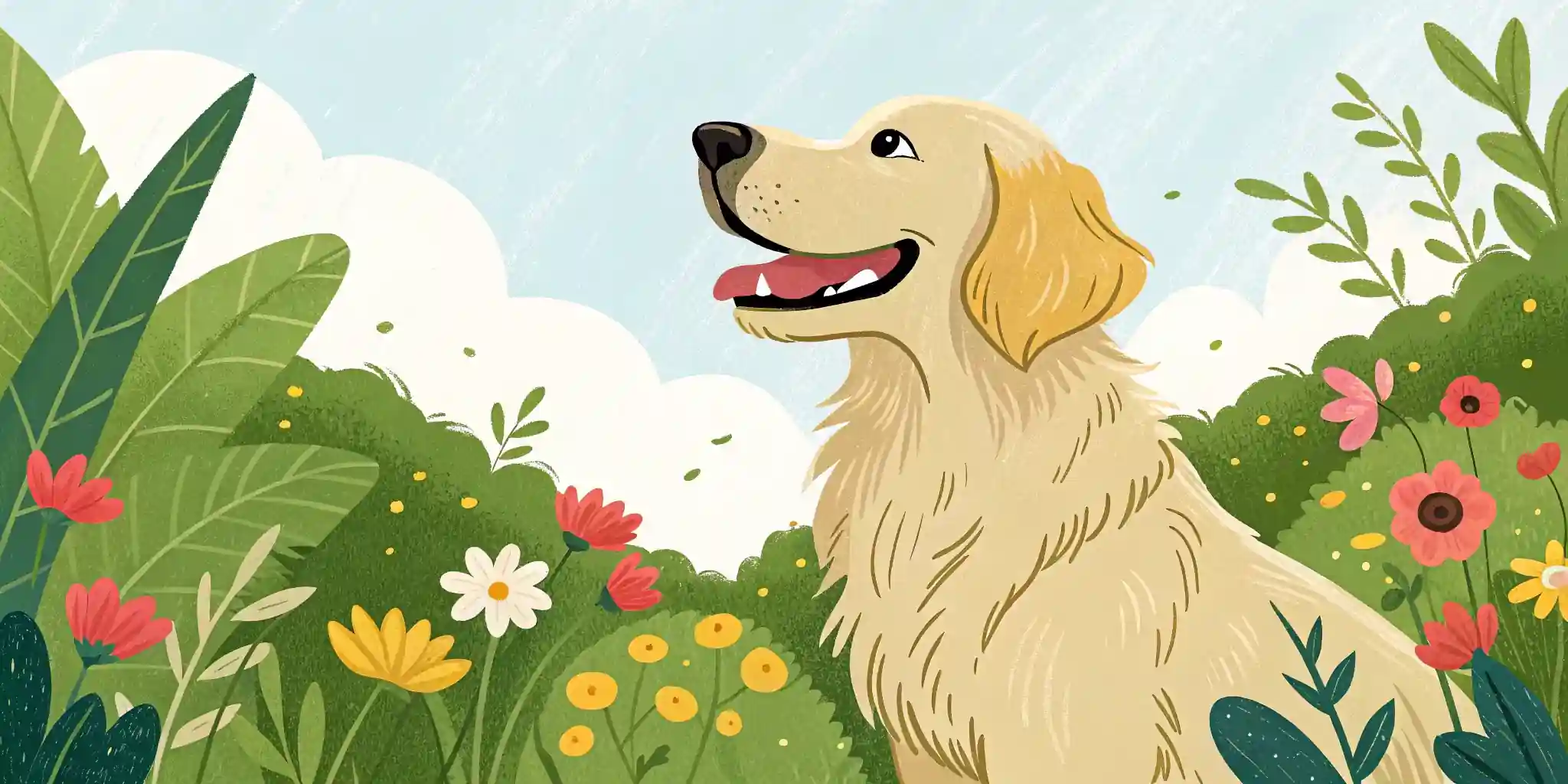
A Golden Retriever enjoys a predictable afternoon in the garden, showcasing the benefits of a stable routine in reducing anxiety.
Building a Dog-Friendly Schedule: Key Components
Creating a daily routine for your dog doesn’t need to be overly complicated. Focus on establishing consistency in these key areas:
-
Feeding Times: Set specific mealtimes and stick to them as closely as possible. This not only helps regulate your dog’s metabolism but also reduces the risk of begging and food-related anxiety. I’ve noticed in my experience that dogs with consistent feeding times are often less prone to digestive upset.
-
Potty Breaks: Regular potty breaks are essential for both physical comfort and house training. Establish a consistent schedule, especially for puppies and senior dogs. How often should my dog go potty? Generally, puppies need to go out every 2-3 hours, while adult dogs can typically hold it for 6-8 hours.
-
Exercise and Play: Daily exercise is crucial for burning energy, maintaining a healthy weight, and preventing boredom. Schedule walks, playtime, or other activities that your dog enjoys. Remember to tailor the intensity and duration of exercise to your dog’s breed, age, and health condition. Active breeds need more exercise than less active ones.
-
Training Sessions: Incorporate short training sessions into your daily routine. Even just 5-10 minutes of positive reinforcement training can help strengthen your bond with your dog and reinforce good behaviors. Short training sessions for dogs can be easily implemented and very effective.
-
Rest and Relaxation: Just as important as activity is rest. Ensure your dog has a comfortable, quiet space to relax and recharge. Designate a specific “quiet time” each day where your dog can unwind without being disturbed. In my opinion, a comfortable bed and a chew toy can work wonders for helping a dog relax.
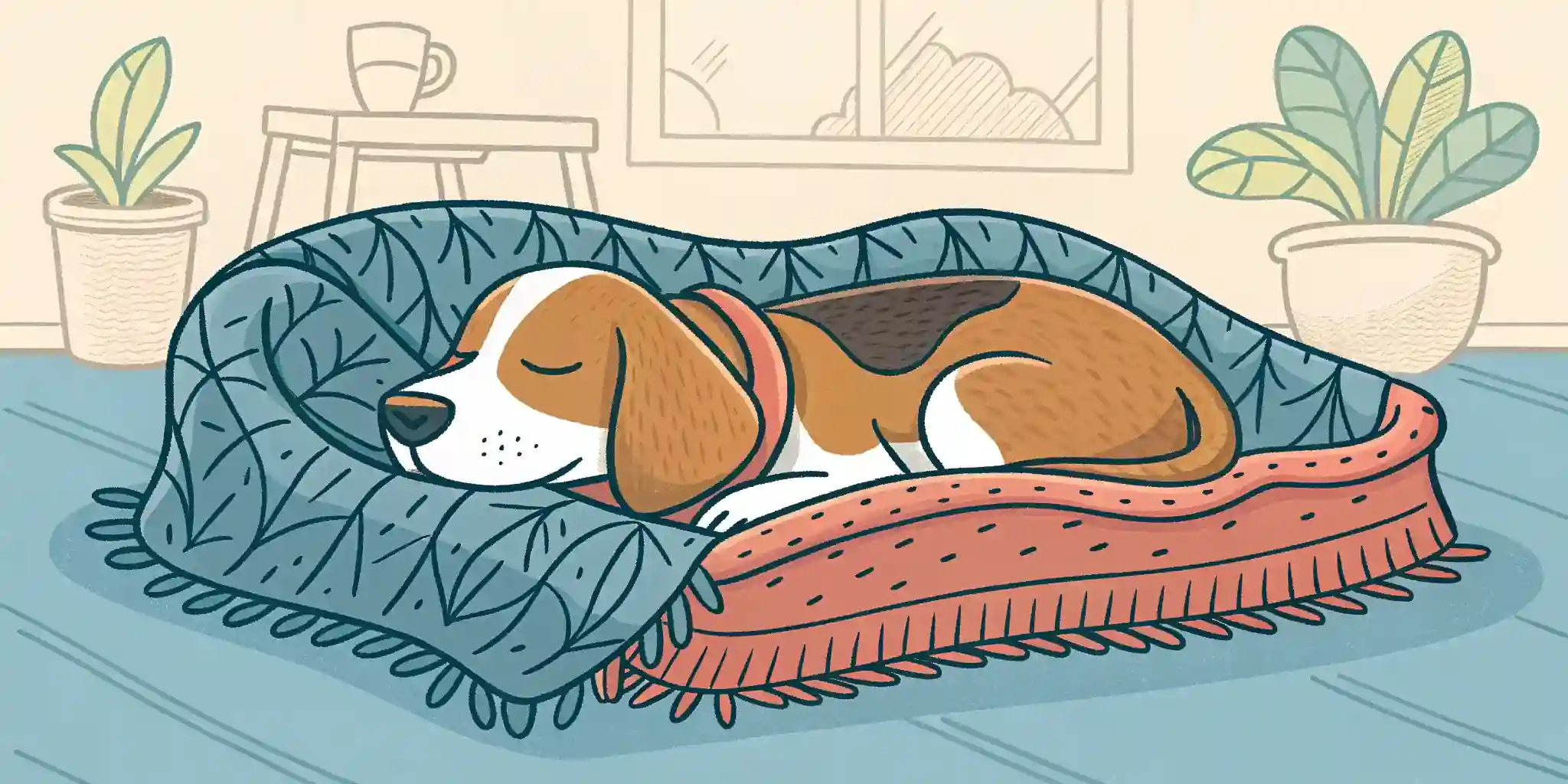
A dog enjoys a relaxing nap in its bed, a crucial part of maintaining a balanced daily routine and promoting relaxation.
Adapting Your Routine: Flexibility is Key
While consistency is crucial, life happens. There will be times when you need to deviate from your routine. The key is to introduce changes gradually whenever possible. If you know you’ll be late for a walk one day, try to adjust the schedule slightly the day before to prepare your dog.
For example, if you know you have a late meeting one evening, try taking your dog for a longer walk in the morning. That way, their exercise needs are met for the day.
If a major change is unavoidable, be sure to provide extra reassurance and attention to your dog.
The Benefits of Routine: Beyond the Basics
The benefits of a consistent routine extend far beyond just reducing anxiety. A well-structured day can lead to:
-
Improved Digestion: Regular mealtimes can promote healthy digestion and prevent digestive issues.
-
Better Sleep: A consistent sleep schedule can improve sleep quality and overall health.
-
Reduced Behavioral Problems: Boredom and anxiety are often root causes of destructive behaviors. A routine that includes sufficient exercise and mental stimulation can help prevent these problems.
-
Stronger Bond: Spending consistent time with your dog, whether it’s for walks, playtime, or training, strengthens your bond and deepens your connection.
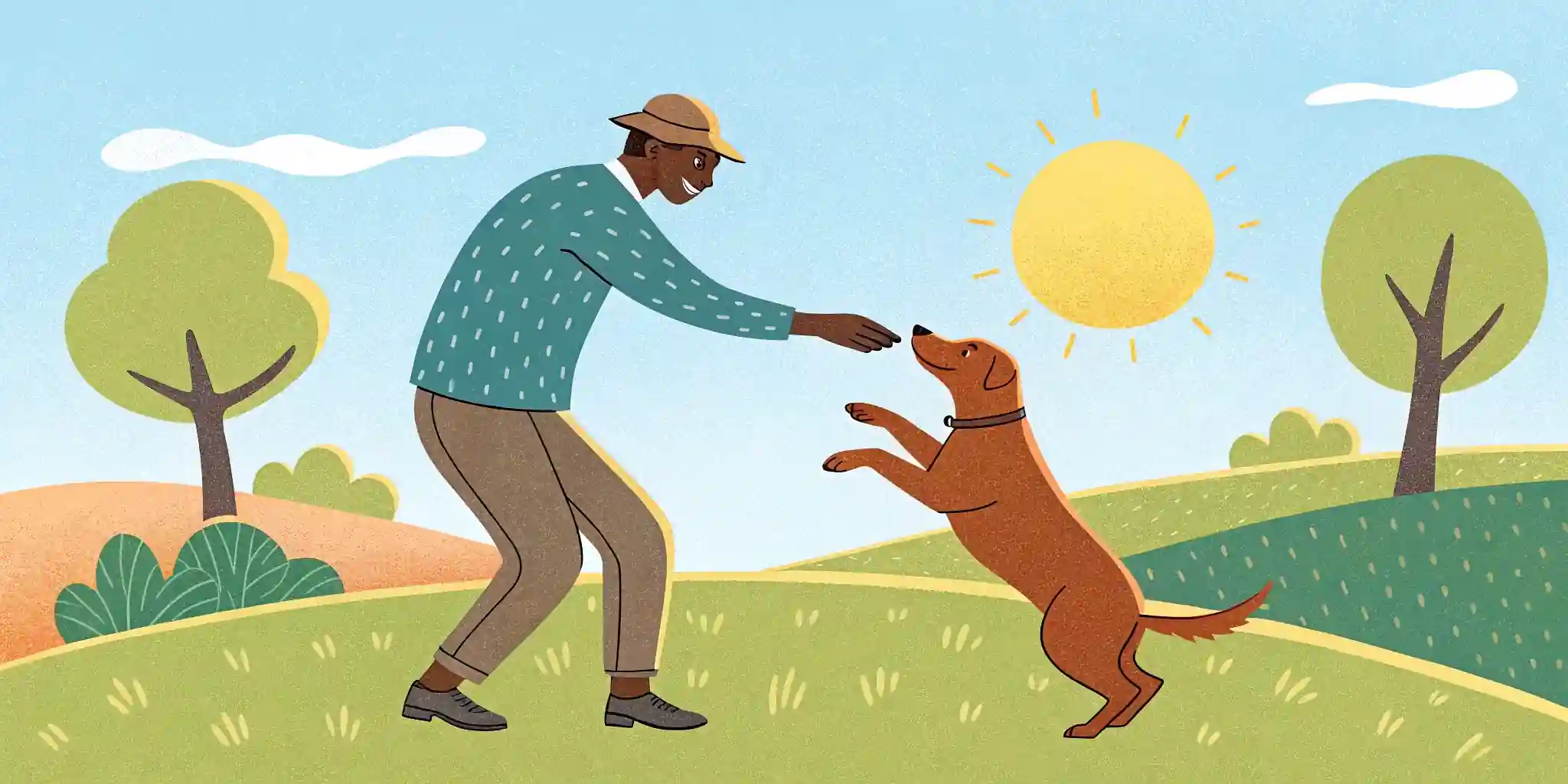
A strong bond between owner and dog is built through consistent interaction and play, highlighting the positive impact of routine on their relationship.
Troubleshooting Routine Problems: When Things Go Wrong
Sometimes, despite our best efforts, things can go awry. If your dog is exhibiting signs of stress or anxiety despite having a routine, it’s important to consult with your veterinarian or a certified dog trainer. They can help identify any underlying issues and provide guidance on adjusting your routine to better meet your dog’s needs. Is your dog still having accidents in the house after establishing a routine? This could be a sign of an underlying medical condition.
Remember, every dog is an individual, and what works for one dog may not work for another. The key is to be patient, observant, and willing to adapt your routine to best suit your furry friend’s needs. A little bit of consistency can go a long way in creating a happy, healthy, and well-adjusted dog.
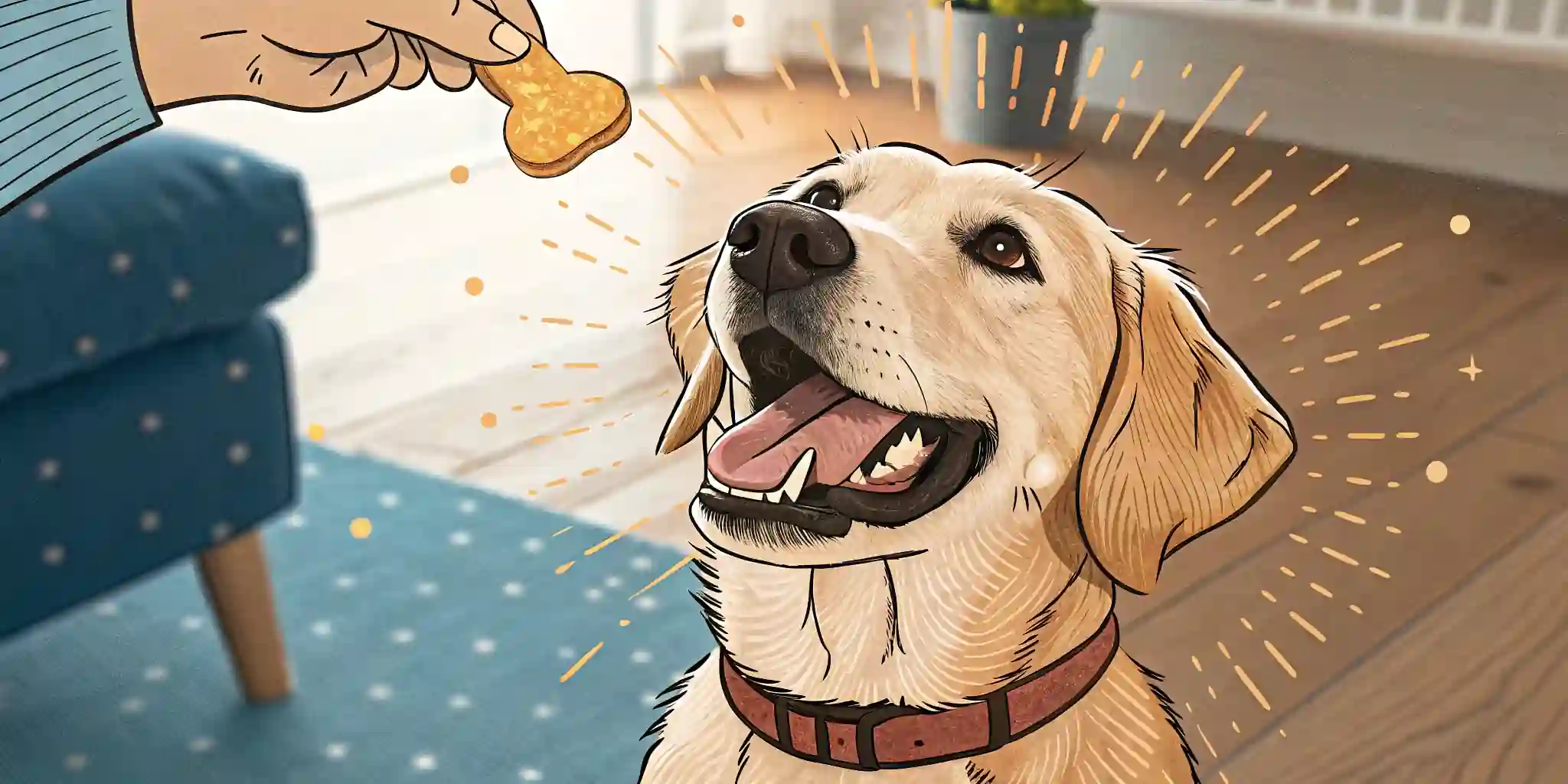
A happy dog receives a treat during a training session, reinforcing good behavior through positive reinforcement and strengthening the human-animal bond.
